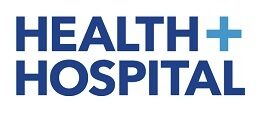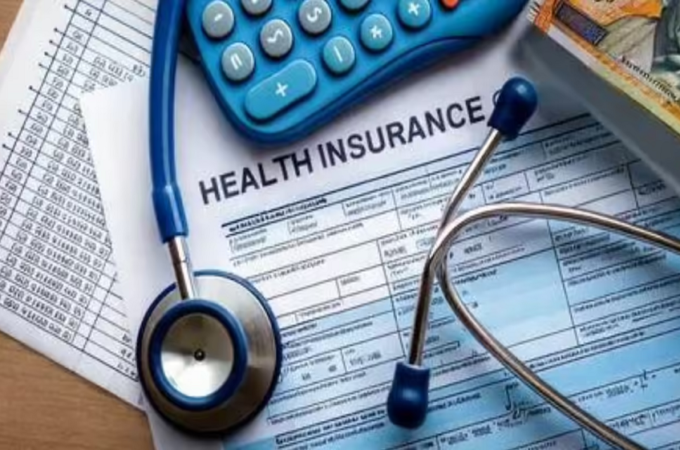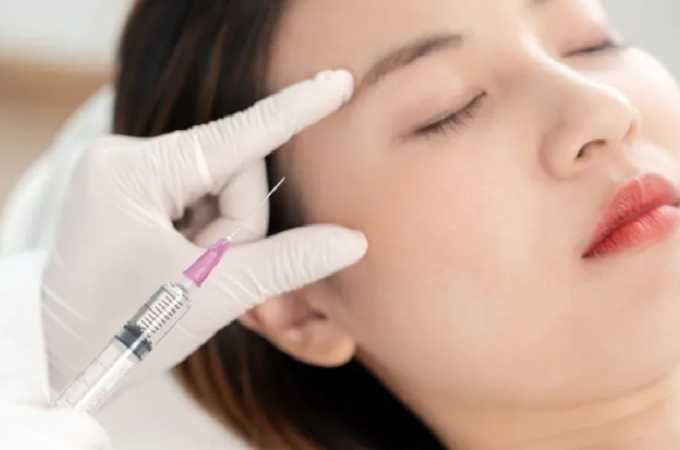
How Much Medical Cannabis Knowledge Should Physicians Have?
A survey among members of the Society of Cannabis Clinicians, published in February 2021, revealed that 71% gain the most of their knowledge about medical cannabis from conferences. Fewer than 3% learned anything about cannabis in medical school. This poses an interesting question: how much medical cannabis knowledge should physicians have?
The natural reaction is to expect physicians to know a lot about cannabis, especially if they are willing to prescribe it. But stop and think about that for just a minute. How much do physicians really know about any of the drugs they prescribe?
We Have Pharmacists for a Reason
People without a thorough understanding of how the medical profession works tend to assume that doctors learn all about prescription medications in school. They do not. Medical students learn about biology, physiology, anatomy, and so on. Any education they do receive in the pharmacology arena is limited. That is why we have pharmacists.
A pharmacist isn’t a medical doctor. However, they are a doctor in the sense that they have earned a doctoral degree in pharmacy. And what is pharmacy? It is the study of pharmaceuticals, or drugs if you will. A pharmacist goes to school to learn all about drugs and how they work.
The differences between medical doctors and pharmacists explain why, when we have questions about prescription drugs, we are supposed to ask the pharmacist. A doctor is most qualified to tell us what is wrong with us. A pharmacist is most qualified to suggest appropriate medications.
How Doctors Learn About Medications
Because doctors are not experts in pharmacology, they need to learn about medications as they go. Say a major pharmaceutical company introduces a brand-new drug to treat hypertension. Your GP isn’t going to know anything about it. So how do they learn? First, by studying the literature published by the pharmaceutical company.
They might also schedule a meeting with a pharmaceutical rep who can explain the drug’s machinations to them. Finally, they may read additional third-party literature and attend a conference at which the drug is discussed.
This is exactly how physicians learn about medical cannabis as well. Their methods for learning about cannabis are neither unusual nor inappropriate. They are not taught about cannabis in medical school because that’s not the point. So they have to learn about it once they start practicing.
Take Advantage of the Pharmacist
All of this points to a piece of sound advice any medical cannabis user can benefit from: take advantage of the pharmacist at your favorite dispensary or pharmacy. They are there for a reason.
Beehive Farmacy, a medical cannabis pharmacy in Brigham City, UT, says that Utah law requires a licensed pharmacy to be on duty whenever a medical cannabis pharmacy is open. Furthermore, pharmacists must approve every order before it goes out the door.
In Utah, medical cannabis patients are encouraged to consult with their pharmacists in order to determine delivery method, dosage, etc. Pharmacists and doctors often work together to come up with an appropriate strategy for their shared patients. That is the way it should be.
Cut the Doctor Some Slack
It is easy to read the Society of Cannabis Clinicians survey results and assume doctors do not have enough knowledge of cannabis as a medicine. It’s easy to assume that medical schools aren’t doing their job. But cut them all some slack.
It is not a doctor’s job to be a drug expert. That’s the pharmacist job. The fact that so many doctors are now making the effort to learn about cannabis on their own is good. Give them credit for that.





